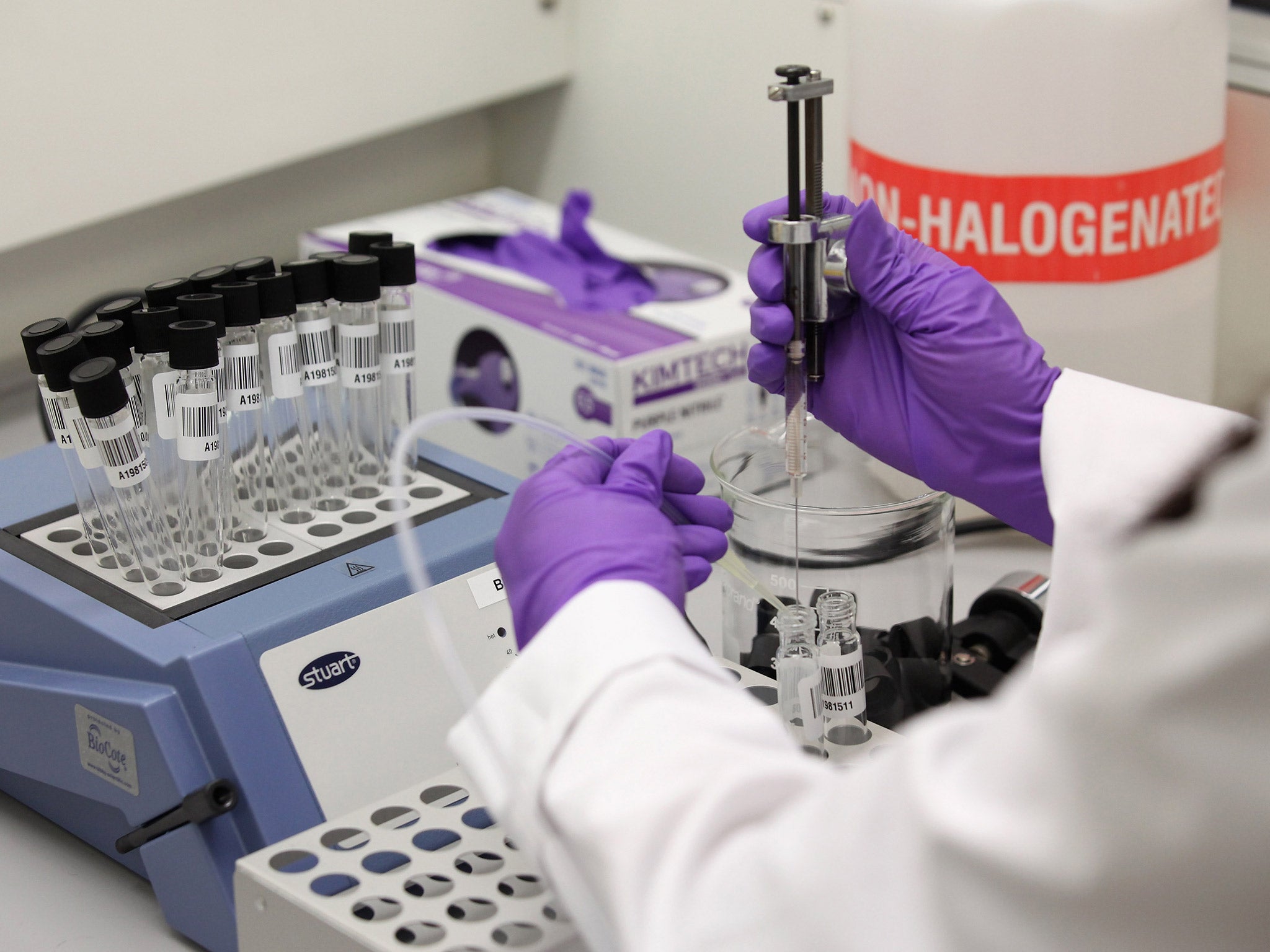Athletics doping scandal: Why was nothing done and where next for a sport in crisis?
The doping crisis explained

Robin Parisotto, whose conclusions have left the World Anti-Doping Agency “very alarmed”, according to its head, Sir Craig Reedie.
Q) These allegations, we are told, leave athletics “in crisis”, but athletics chiefs have had this information for years. Why has nothing been done?
A) The most serious allegation, that 146 medal-winning athletes between 2001 and 2012, including 55 gold medallists, have returned test results that might be suspicious, does not mean all – or necessarily any – of these athletes should have received a ban. But when added together across all cases, the weight of evidence is nevertheless overwhelming.
If these results threaten the integrity of the entire sport, there can be little wonder that athletics chiefs were not quick to make them public. Lord Coe, who is seeking election as the next head of the IAAF this month, has said that he would make drug-testing completely independent of the governing body itself.
Q) Why was the IAAF hiding the results?
A) The governing body isn’t automatically mandated to make all doping results public, they are to an extent medical records after all.
Q) Olympic chief Thomas Bach says the IOC hold doping test results for 10 years – so is it hiding the same results?
A) The IOC’s records are not as complete as the IAAF. The Olympics are only once every four years.
Q) How long will the Wada investigation into the allegations take?
A) In theory, it shouldn’t take very long, if all the data is made available to the anti-doping body. Re-testing the athletes now would be entirely pointless, so it is merely an exercise in data processing. It is not Wada itself that retrospectively bans athletes or redistributes medals, however. The speed at which that process is carried out, if it is carried out at all, would be largely driven by whoever wins the IAAF presidential election later this month, Lord Coe or Sergey Bubka. Both candidates have pledged their deep commitment to stamping out doping. If Bubka is elected and is true to this promise, it will almost certainly have to involve punitive treatment of his own countrymen. According to the database, Ukraine are among the worst offenders.
Q) Could any athletes face criminal prosecutions?
A) Doping is a criminal offence in France, Austria and Italy, and Lord Moynihan, the former head of the British Olympic Association, has again called for such a measure to be taken up in the UK.
Australia have laws that criminalise the sale or provision of some substances that are used in doping. In the worst offending countries – Russia and Kenya are at the top of the list – it will be a matter of national law.
On previous occasions, where whole nations have been exposed as systematic dopers, notably the old East German swimming team, there has often been doubt over the degree to which the athletes knew about the legality of the supplements they were taking, or if they were taking them at all. To criminally convict a drug cheat, with the burden of proof most countries would place on that type of conviction, would not be straightforward.
Join our commenting forum
Join thought-provoking conversations, follow other Independent readers and see their replies
Comments
Bookmark popover
Removed from bookmarks